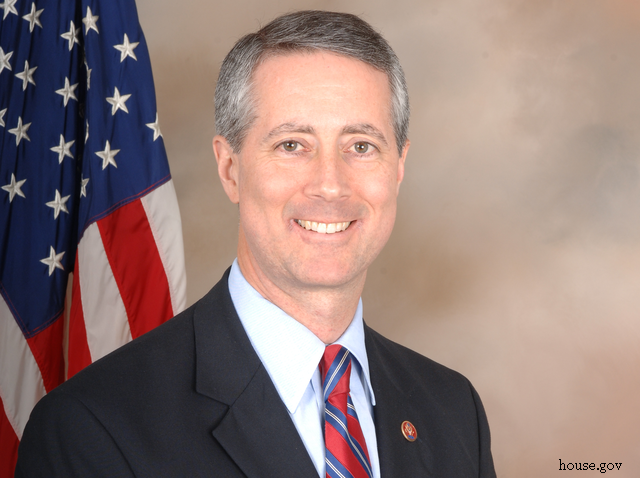Free movement for Romanians
Inclusion in the Visa Waver program and entry to the passport-free Schengen area would give Romanians more freedom of movement.

Florentin Căpitănescu, 30.03.2015, 13:56
In recent years, commentators have had every reason to conclude that Romania and the US have had one of their closest relationships in political and military terms in their history. However, despite this excellent relationship, the big American investors are yet to come and Romania has still not been included in the Visa Waiver program.
As regards the visa waiver for Romanians, the Republican congressman Mac Thornberry said recently in an interview to Radio Romania that the US was highly interested in partially changing the Visa Waver program criteria to the benefit of Romania and Poland. However, he admitted that chances are slim for these changes to take effect soon, due to the heated debates caused by immigration in the US. The congressman thus confirms the statements made by the former charge d’affairs of the US Embassy to Bucharest, Mark Taplin in an interview to Radio Romania a few days ago. Taplin also said that, of the states that are not included in the Visa Waver program, there are not many to have such a close relationship with the US as Romania.
Another major foreign policy goal for Romania, the Schengen accession, is back in the spotlight. Schengen accession has been repeatedly postponed since 2011 due the lack of legal reforms and what was seen as the unconvincing efforts of the Romanian authorities to fight corruption. The Netherlands, which openly voiced its reservations to Romania’s Schengen accession in the past, now says it will analyse Romania’s case and make a decision soon.
According to analysts in Bucharest, Romania has now higher chances to join the free movement area, given its recent success in the fight against corruption. From ministers to county council presidents, MPs and mayors, prosecutors and magistrates, the efforts of the National Anti-corruption Directorate have been wreaking havoc among the corrupt members of public administration. Occasionally, however, Parliament has been known to resist these efforts. Last week, for example, the Senate rejected a request from the National Anti-Corruption Directorate to approve the arrest and pre-trial detention of senator and former transport minister Dan Sova. Outraged with Parliament’s position, many people held protests in several cities around the country, including the capital Bucharest. Parliament’s behaviour has also come under criticism from the Romanian community in Italy who staged a protest on Sunday before the Romanian diplomatic missions in Rome, Milan and Turin.






























